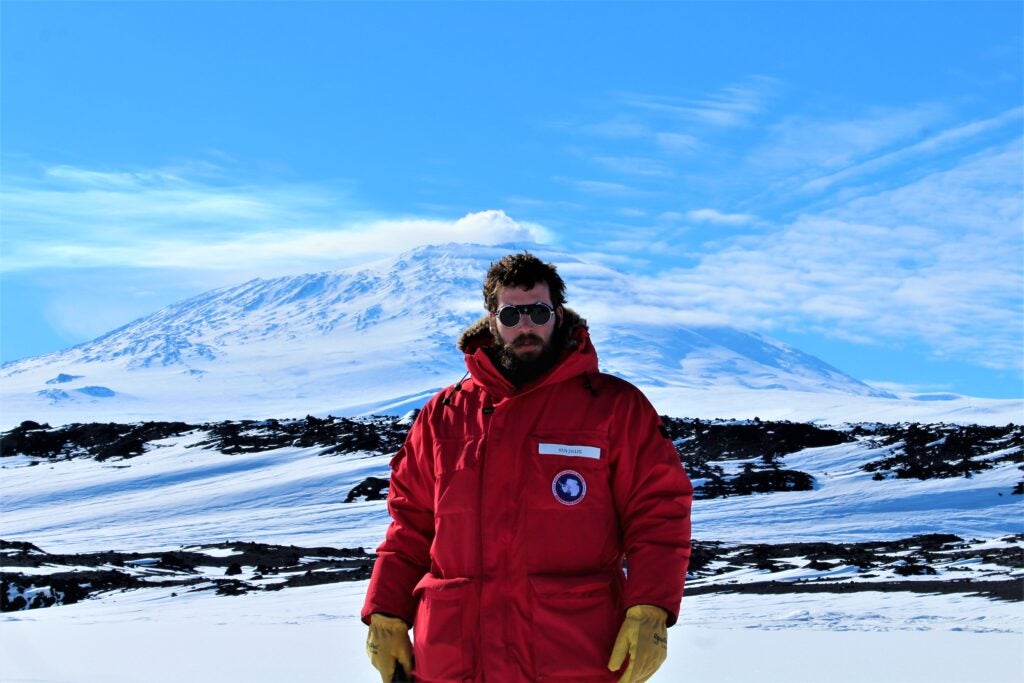
Ken Zillig
Post-Doctoral Scholar
Ecology Graduate Group
email: kwzillig@ucdavis.edu
kenzillig.github.io
Degree:
B.A. Biology, Carleton College, Northfield, MN
Research Interests:
I am interested in the ecology of freshwater and marine ecosystems, especially as it pertains to species of commercial or conservation concern. My dissertation research focuses on differences among Chinook salmon population, especially as it pertains to thermal biology and acclimation to a warmer future. Using whole organism ecophysiological techniques I am exploring ideas of countergradient variation, local adaptation, plasticity, and energy allocation. One large takeaway of my dissertation is juvenile Chinook salmon appear much more thermally capable in the lab than would be expected by the performance of wild populations. This had led me down two additional project paths, and hopefully many more.
Collaborating with my lab mates, we have posed two questions. 1) Can individual physiological data be used to reliably predict the outcomes of trophic interactions and 2) does energetic limitation or abundance influence the thermal capacity of juvenile salmon. To address the first, Alex McInturf and I are investigating how predation of juvenile salmon by largemouth bass, striped bass and rainbow trout is influenced by environmental temperature and whether there are strong associations with physiological capacities. To address the second, graduate student Cassidy Cooper and I are conditioning juvenile salmon to combinations of acclimation temperatures and food availabilities and then testing the thermal and swim performances of fish reared under these different conditions. Both projects seek to provide managers with more holistic, ecologically grounded understandings of how water temperature influences Chinook salmon populations in California and elsewhere.
Finally, I have a passion for designing experiments and performance testing equipment. I have collaborated with undergrads to design and build wireless network systems to monitor tank temperatures in real-time from across the globe. Andrew Naslund and I worked to build and install an annular temperate preference apparatus which was deployed at the McMurdo research base in Antarctica for two seasons, and recently I developed several swimming chambers that use arrays of laser beams to measure the velocity of burst swim events.
I am always eager for new collaborations, chat fish sciences with anyone, or answer questions by students interested in joining the Fangue lab. Don’t hesitate to contact me (kwzillig@ucdavis.edu) or visit my personal website for more information (https://kenzillig.github.io/)
Publications:
Zillig, K. W., Lusardi, R. L., Moyle, P. B., Fangue, N. A. (2021). One-size does not fit all: Variation in Thermal Eco-physiology among Pacific Salmonids. Reviews in Fisheries and Fish Biology.
Siefert, A., Friesen, M.L., Zillig, K. W., Aguilar, J., and Strauss, S.Y. (2021). An experimental test of stabilizing forces in the field niche. Ecology. 102(4):e03290. 10.1002/ecy.3290
Hansen, M. J., Ligocki, I. Y., Zillig, K. W., Steel, A. E., Todgham, A. E., & Fangue, N. A. (2020). Risk-Taking and Locomotion in Foraging Threespine Sticklebacks (Gasterosteus Aculeatus): The Effect of Nutritional Stress Is Dependent on Social Context. Behavioral Ecology and Sociobiology, 74, 12.
Siefert, A., Zillig, K. W., Friesen, M.L., and Strauss, S.Y. 2019. Mutualists stabilize coexistence of congeneric legumes. American Naturalist. 193:2 200-2012.
Siefert, A., Zillig, K. W., Friesen, M.L., and Strauss, S.Y. 2018. Soil microbial communities alter conspecific and congeneric competition consistent with patterns of field coexistence in three Trifolium congeners. Journal of Ecology 106:5 1876–1891